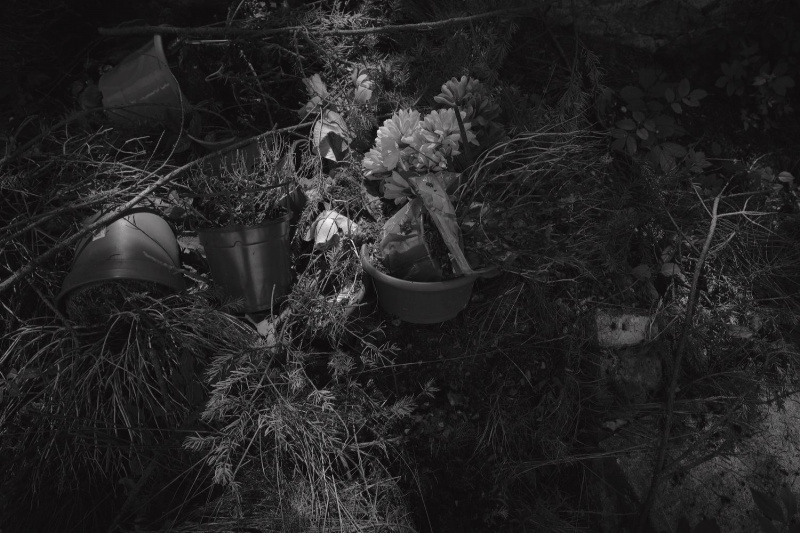A newspaper article caught my eye yesterday: “ Austrian Man Leaves 'Large Amount' To French Village That Saved Family From Nazis In WWII “
Claire and I made a journey to this village, Chambon-sur-Lignon, in June 2017 , in search of what I had termed the ‘Banality of Good’
The commune is in the Haute-Loire department on the borders of the Ardèche in south-central France. It’s residents have been primarily Calvinist-Huguenot Protestants since the 17th century escaping to the isolated Vivarais plateau because of religious persecution, the region is still referred to as ‘La Montagne Protestante’ ( the Protestant Mountain ).
During World War II, Le Chambon-sur-Lignon was in the ‘unoccupied zone’ of Vichy France , ( the Nono Zone ) and through an extraordinary campaign of nonviolent resistance it’s inhabitants saved 5000 Jews from deportation and almost certain death. Many of the Chambonnais felt a sense of duty to help, which some historians have linked to their ability to empathise with persecuted minorities.
In 1942 a relapse of tuberculosis led Albert Camus to stay on the Vivarais plateau, on a farm on the outskirts of Chambon-sur-Lignon. He wrote the first edition of La Peste / The Plague while he witnessed this nonviolent resistance.
The presence of this exceptional man in such an exceptional place has symbolic meaning. One admirer of Camus, Iris Murdoch, insisted, to see the world with such clarity means that when the moment arrives to make a moral choice, the decision is already made.








